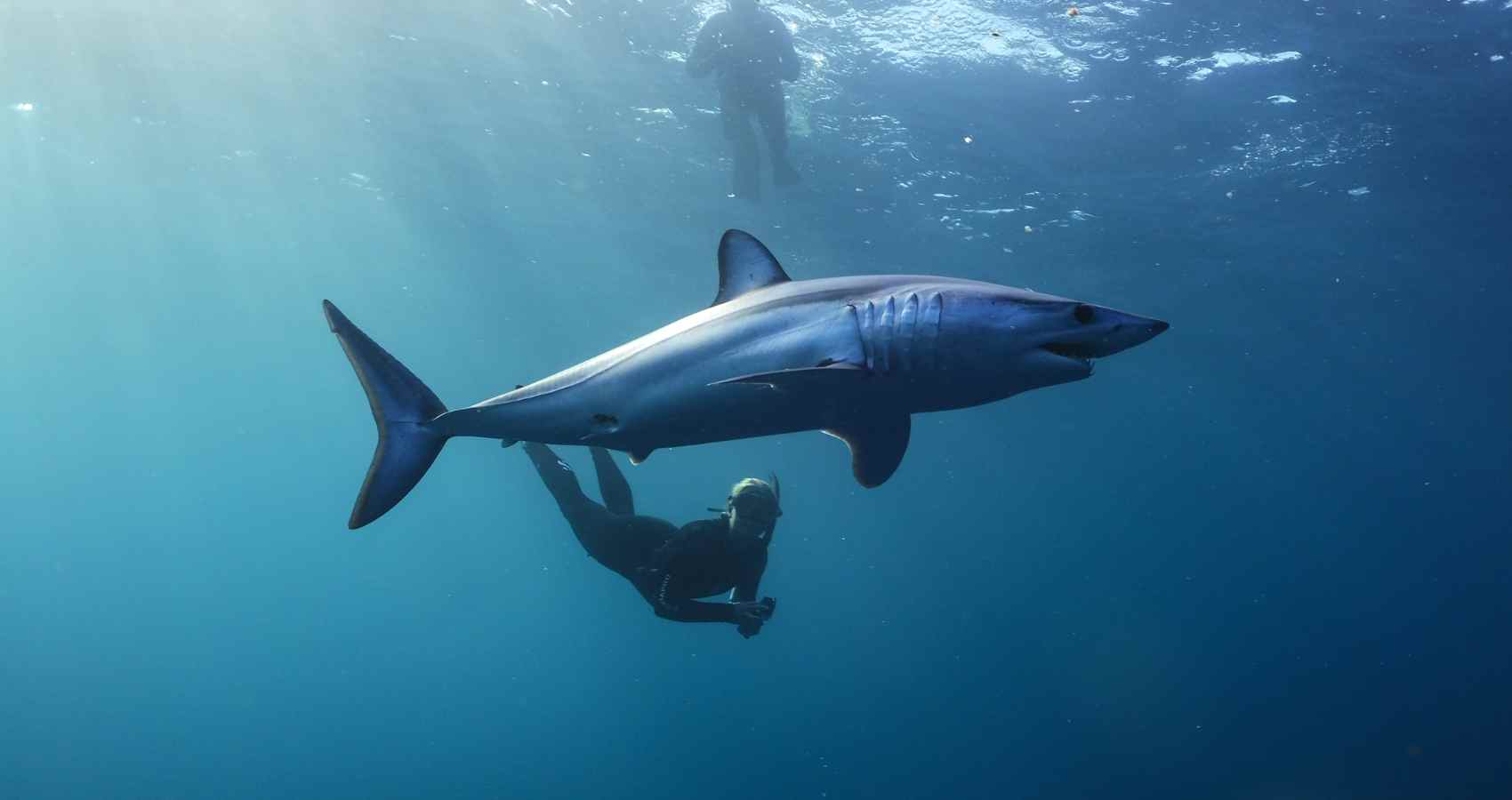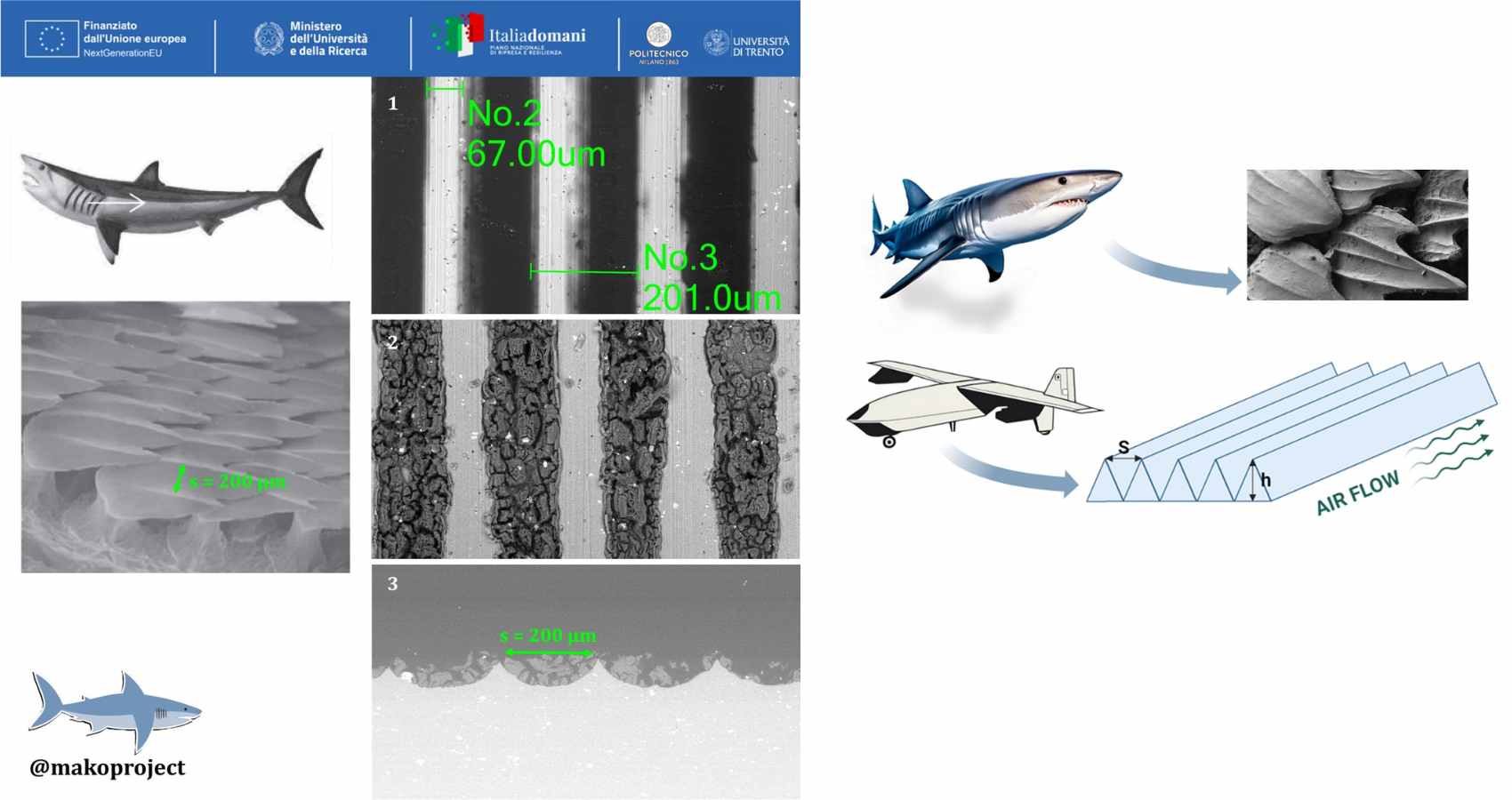

In the world of aeronautics, every detail matters: weight, resistance, performance. And often, the most innovative solutions come from observing nature. This is the origin of MAKO – Biomimetic Corrosion Resistant Aluminium for Aeronautics, a research project aiming to revolutionize the use of lightweight alloys in aircraft, taking inspiration… from the skin of the mako shark.
The Limitation of AA2024 Aluminum: Corrosion
In the aerospace sector, AA2024 aluminum is a well-established standard. It is a high-strength alloy, with copper as the main alloying element, valued for its excellent balance between lightness and mechanical properties. However, it has a weak point: lower corrosion resistance compared to pure aluminum, especially in saline environments. This is a critical issue, given the need for reliability and durability of aeronautical materials in extreme conditions.
Over the years, research has developed several protective strategies to overcome this limitation:
The Insight: Improving Technology by Imitating Nature
The core innovation of the MAKO project lies in its biomimetic approach. The idea is as simple as it is brilliant: to replicate the surface topography of the mako shark’s skin onto metal surfaces. This shark is known to be one of the fastest fish species in the world.
The shark’s skin features oriented micro-grooves, called riblets, that reduce turbulence and flow resistance in water. Applying this principle to a metallic material means reducing aerodynamic drag, improving performance, and contributing to aircraft energy efficiency.
Integration with PEO Technology
In addition to its biomimetic design, MAKO also addresses surface protection using advanced treatments. Specifically, it employs PEO technology, an electrochemical process that transforms the metal’s surface layer into a highly resistant ceramic barrier. This treatment not only increases surface hardness but also provides excellent corrosion resistance, even in harsh environments such as salt fog or industrial atmospheres.
The combination of riblets with PEO coating results in smart surfaces, designed to minimize aerodynamic losses, offer long-lasting corrosion resistance, and potentially reduce maintenance needs.
A Synergy Between Academic Centers of Excellence
The MAKO project is the result of collaboration between two prominent Italian research institutions:
MAKO is supported by the Next Generation EU program, under Italy’s National Recovery and Resilience Plan (PNRR), Mission 4 “Education and Research”, Component C2 – Investment 1.1, through the PRIN 2022 call (Projects of Significant National Interest).
This funding highlights the strategic importance of developing advanced materials in high-tech sectors, where efficiency, sustainability, and durability are key criteria.
To learn more about the project:
https://www.linkedin.com/company/makoproject/about/
